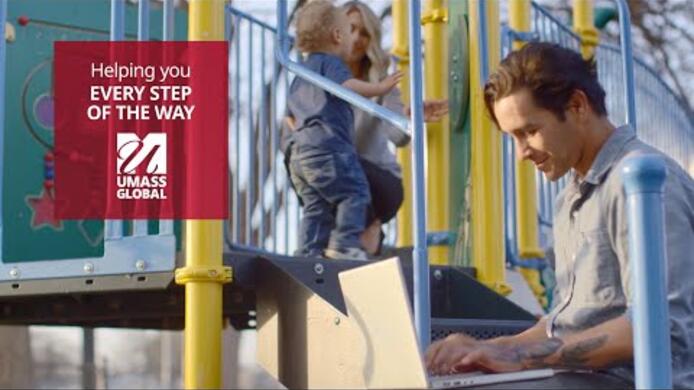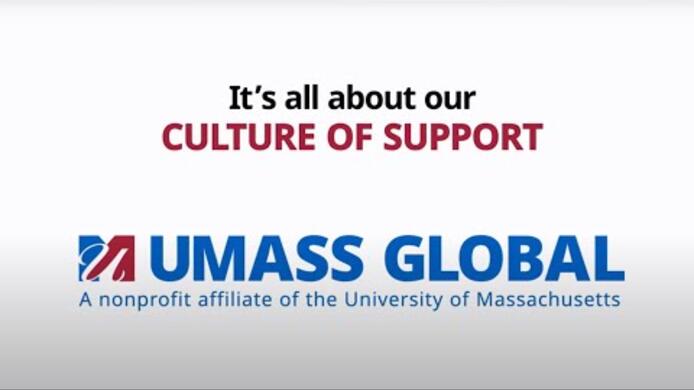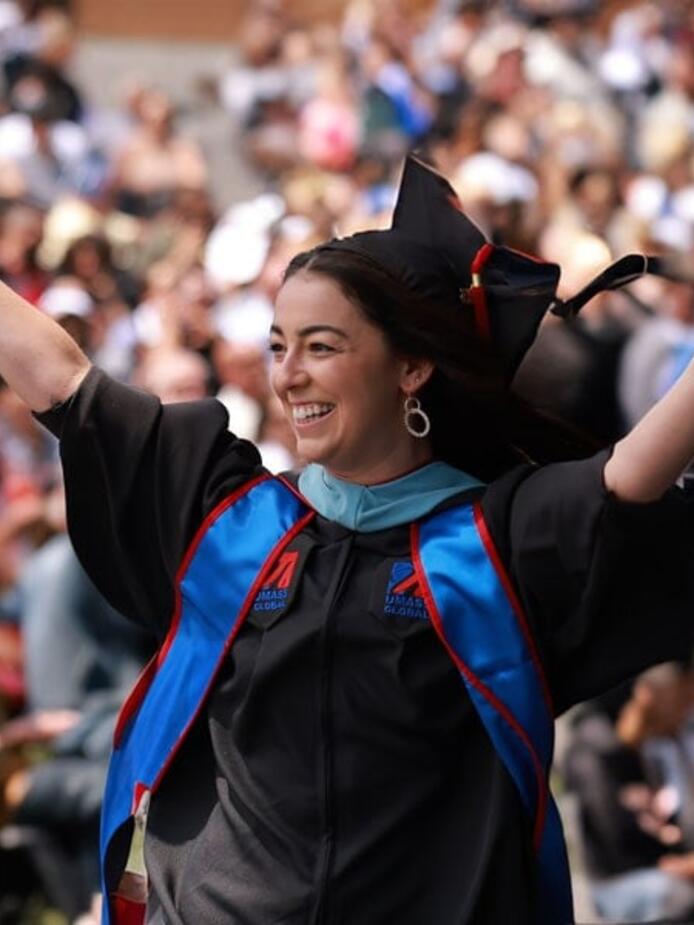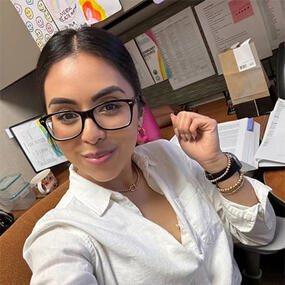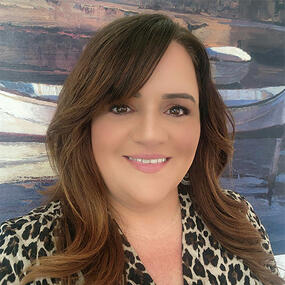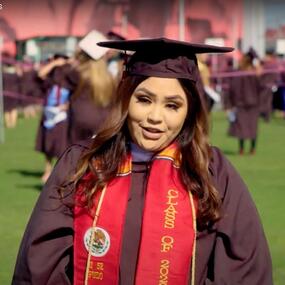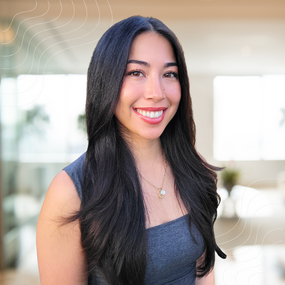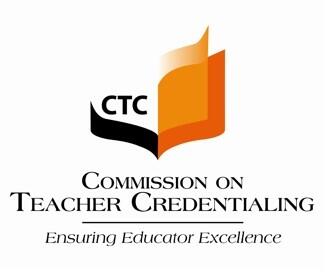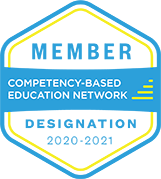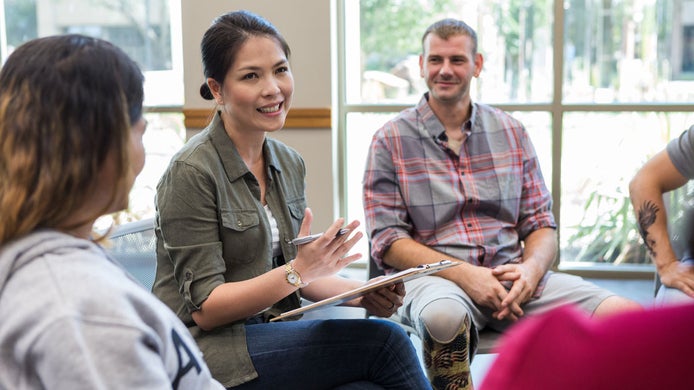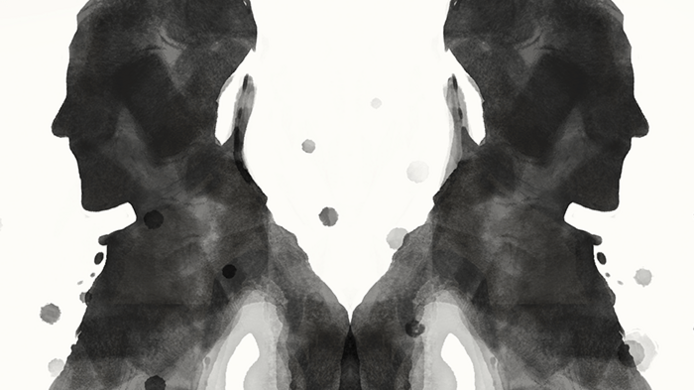Develop Your Counseling Skills and Prepare for Licensure
The UMass Global Master of Arts in Marriage and Family Therapy (MFT) is a unique, captivating program that provides the comprehensive academic coursework and professional training to prepare you to become a proficient, effective clinical therapist. Designed by practicing therapists, this online MFT program teaches students to clinically evaluate and decipher information provided by clients to create a therapeutic environment that allows clients to thrive, grow, and persevere through life’s challenges. Online MFT coursework, coupled with 400 practicum hours consisting of supervised, in-person counseling sessions and capstone case studies, prepare students for licensure and subsequent practice.
- Help with Clinical Placement
Our dedicated UMass Global field support team helps you identify potential clinical sites within your community for your practicum work. - Various Career Options
An MFT degree positions you for various careers: licensed marriage and family therapist, couples therapist, family counselor, group therapist, child and adolescent therapist, and military family therapist. - A Career that Fits Your Skills
Put your skills in active listening, empathy, cultural sensitivity, and therapeutic techniques to work helping others as an MFT.


